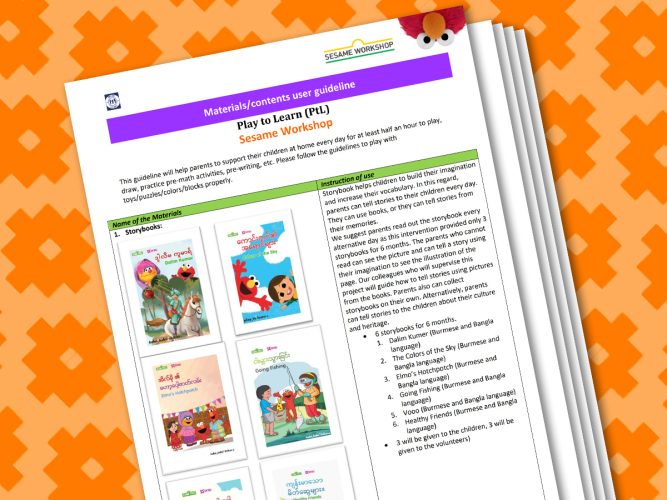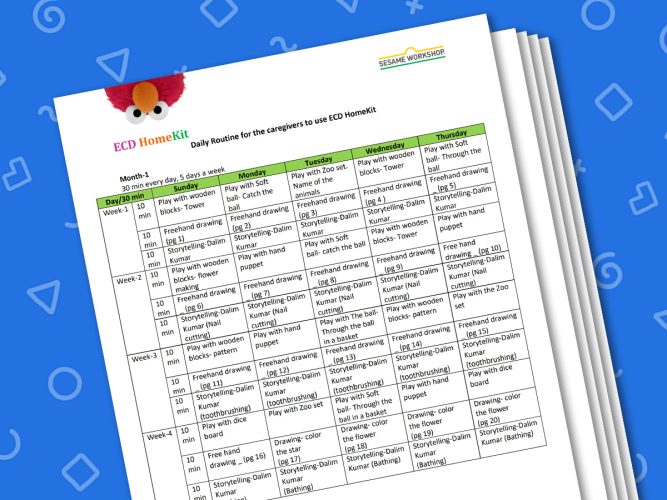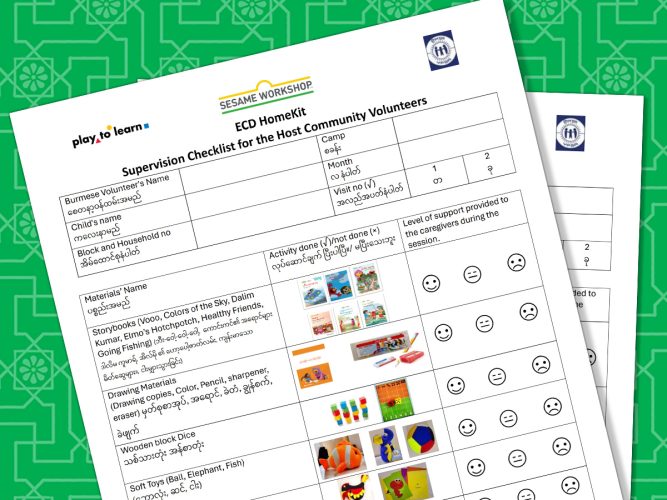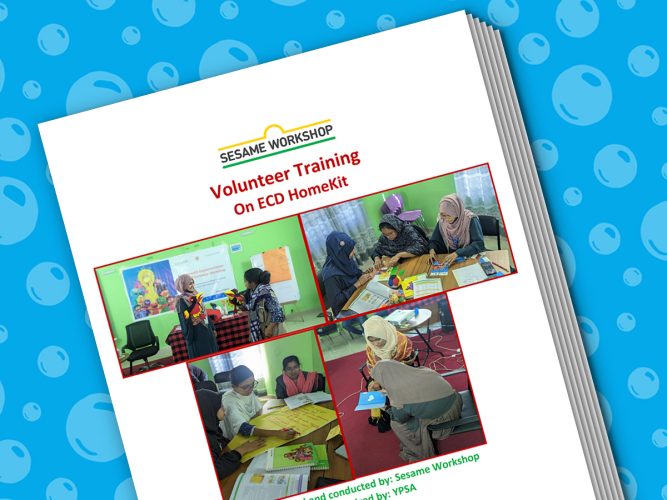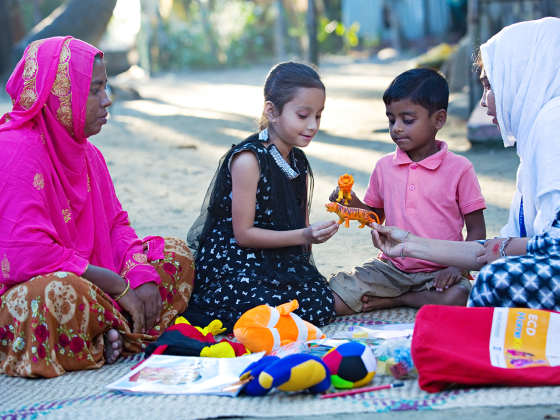
Play at Home: An Early Childhood Development (ECD) Home Kit
Provides training, materials, and home visit support on play-based learning to caregivers of children age three to six years old in Rohingya camps in Bangladesh.
The Play at Home: ECD Home Kit Program aims to foster a playful home environment, increase parent-child interaction through play, and increase caregiver understanding of learning through play.
This program supports parents and caregivers in the Rohingya refugee camps and the host community in Bangladesh by providing a set of play-based ECD materials for each household with a child aged three to six years old. The materials are in Burmese and Bangla. Parents are supported through training and home visits to encourage and guide their use of the kits.
Sesame Workshop designed this program and piloted it for six months, in partnership with implementing organization Young Power in Social Action (YPSA). The pilot was evaluated by Progress Inc.
ECD Home Kit
Who we
worked with
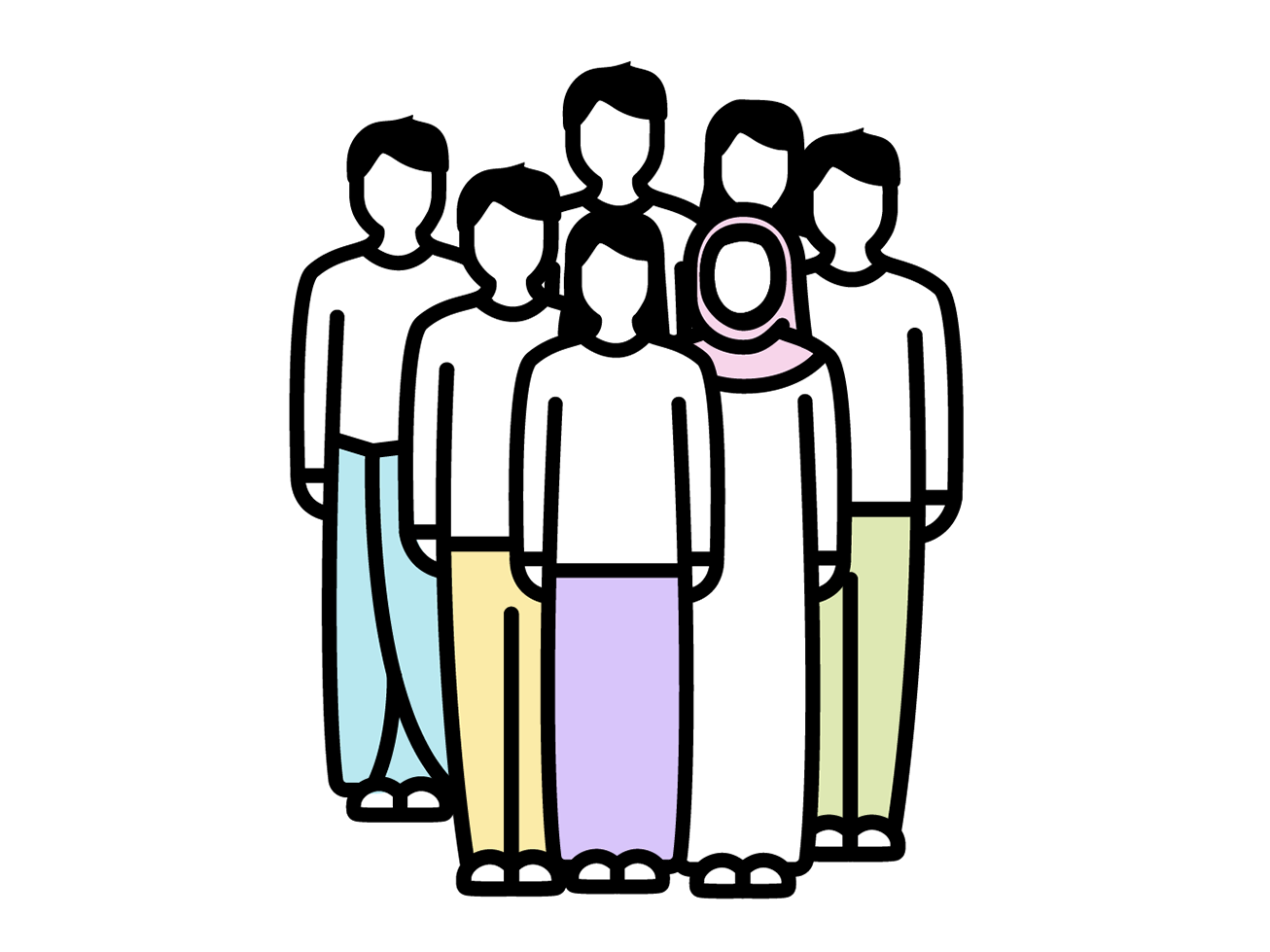
Caregivers of children ages three to six years old from Rohingya camps and host communities
Where we
worked
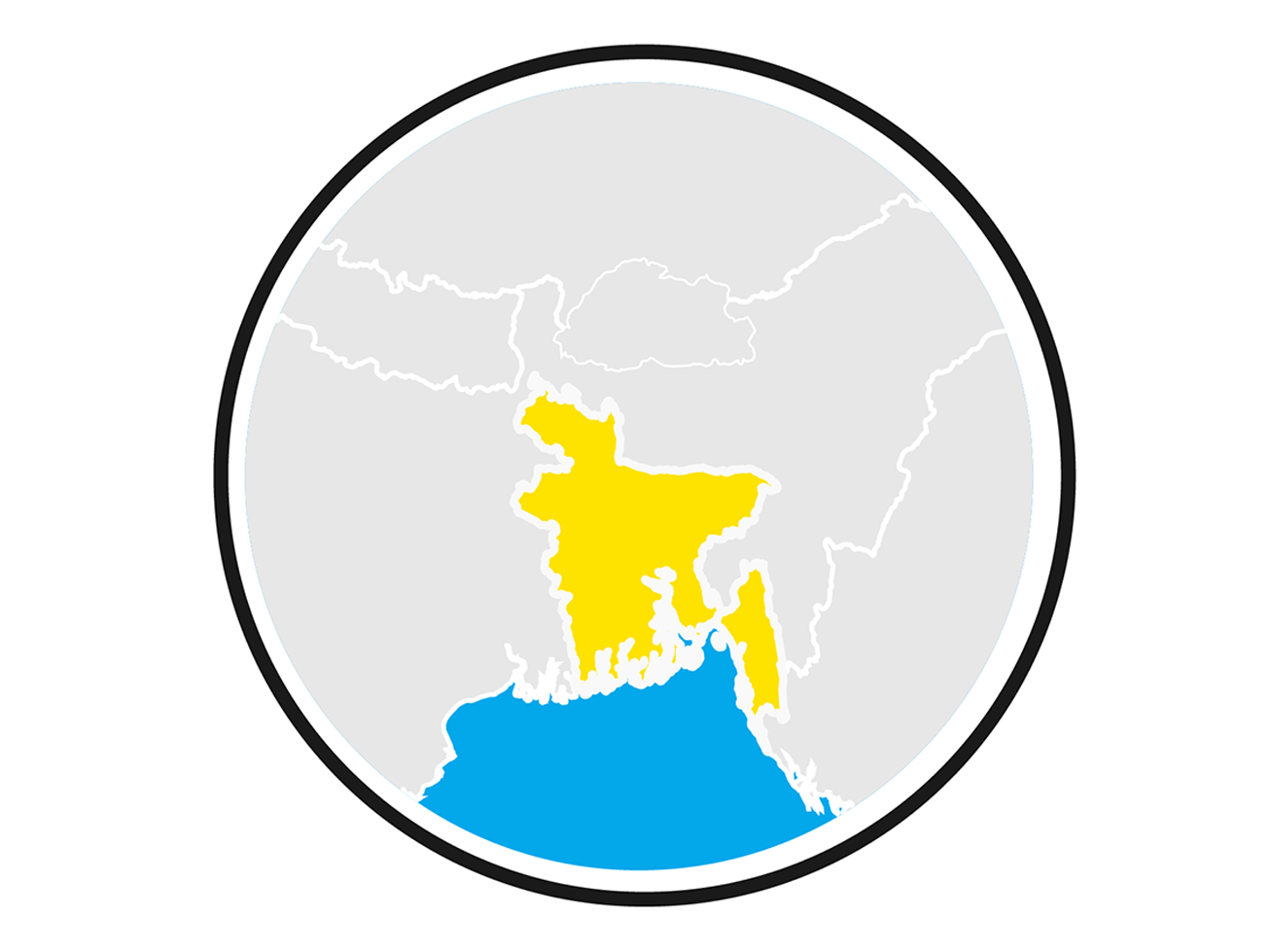
Bangladesh
Ukhiya sub-district
How we delivered content
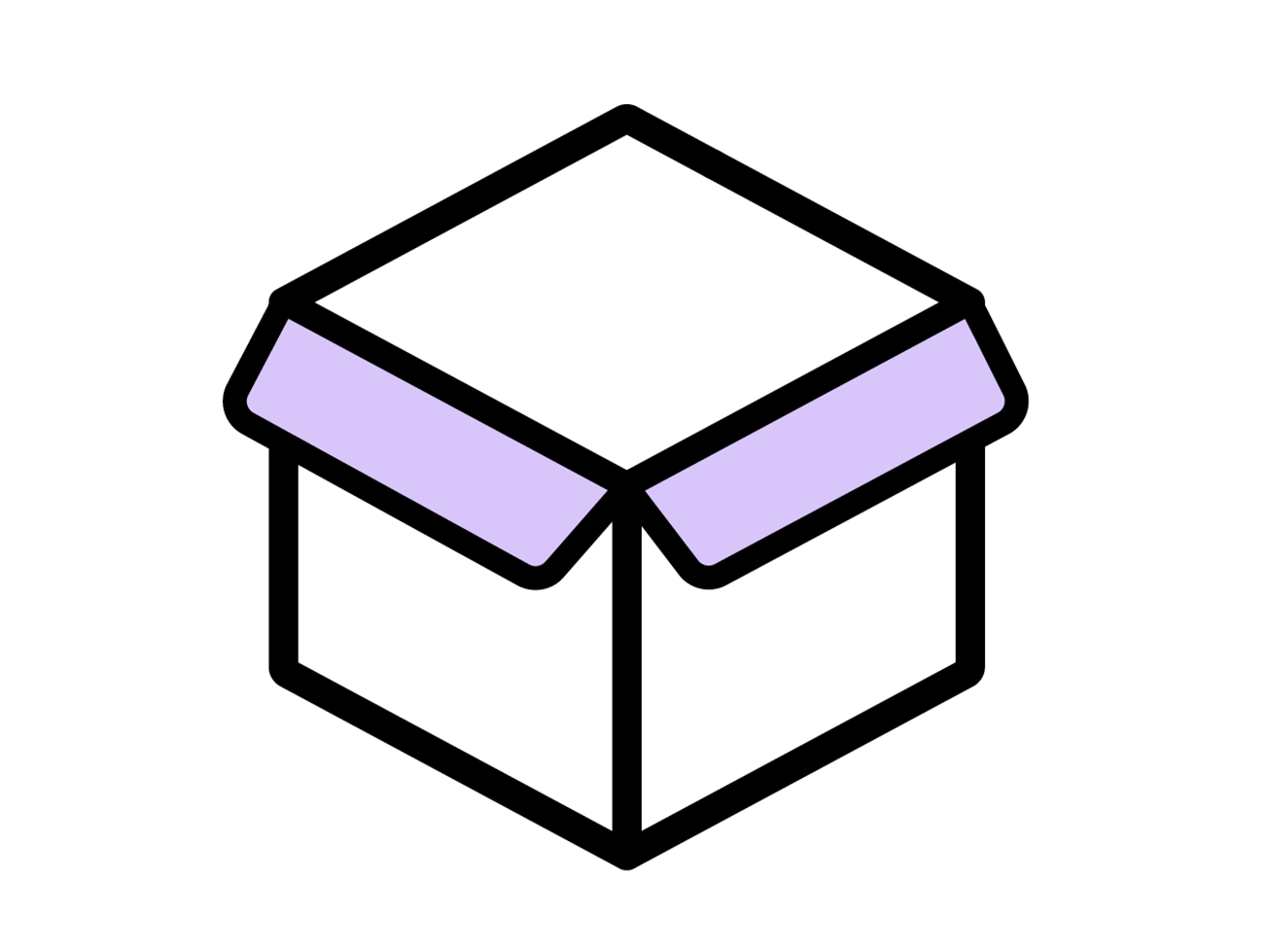
In Person
Parents receive a home kit and guideline for play-based learning to use regularly each week
Frequency
.
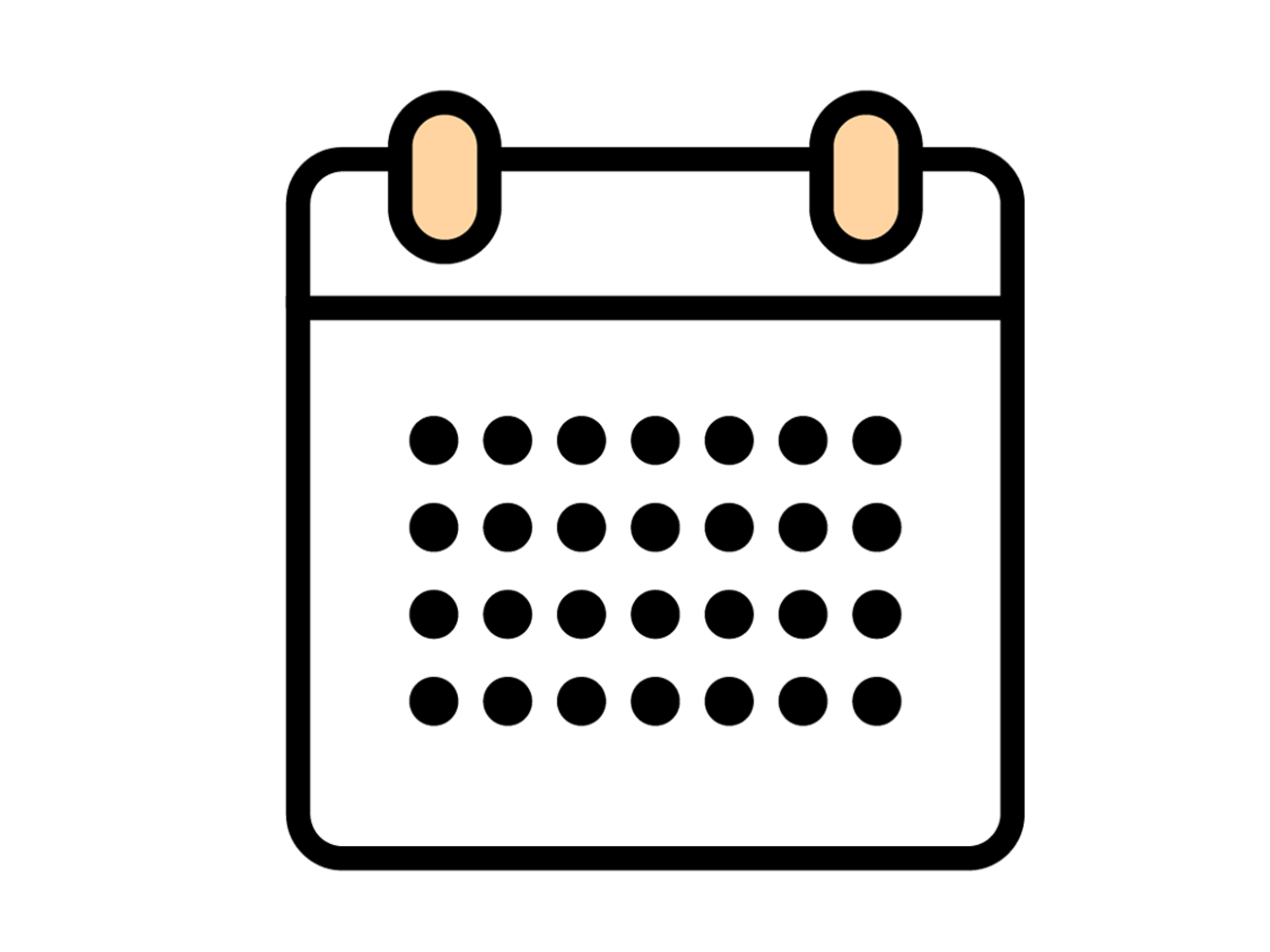
Scheduled
Parents receive a monthly training for 6 months to support continued use of the home kit

in the Rohingya Camps
in the Host Community
ECD Home Kit Content and Development
The ECD Home Kit program follows the ECD curriculum framework of the local ECD Working Group, made up of ECD actors active in Cox’s Bazar, including national and international non-governmental organizations (NGOs) and the United Nations (UN).
The materials were developed in consultation with the implementing local NGO, considering the needs and preferences of both Rohingya and host communities. Extensive field testing ensured their effectiveness and appeal with the target audiences.
See examples of play materials and caregiver guidance from this program.
Selected ECD Home Kit materials for Rohingya children.
Training and Supervision
Training:
Three levels of staff are trained for implementation: management staff, technical staff, and organizing staff. Volunteers from the Rohingya community and host villages are the first in line responsible for implementation.
Supervision:
YPSA and Sesame Workshop monitor homes and provide support to caregivers as they start implementing activities. At the end of the first month, Sesame Workshop organized a review of implementation status and prepared an action plan for further improvement. The supervision checklist is used by the volunteers 5 days a week while doing home visits. Each month a refresher training is organized for the volunteers.
Monitoring and Evaluation
Sesame Workshop conducted post-distribution monitoring, and shared the reports with YPSA. After three months of implementation, Sesame Workshop conducted a mid-term review. The Sesame Workshop team also monitored the household level use of the kit and results of the program every month. After five months, a final assessment was conducted, which drew on a representative sample of participants.
See examples of trainings and monitoring guidance from this intervention.
Lessons Learned from the Pilot
Progress Inc. conducted action research to assess the relevance and use of the materials and implementation of the program. The findings were used to refine the program and materials, as detailed in the report linked above.
See learning materials and monitoring resources in Burmese.
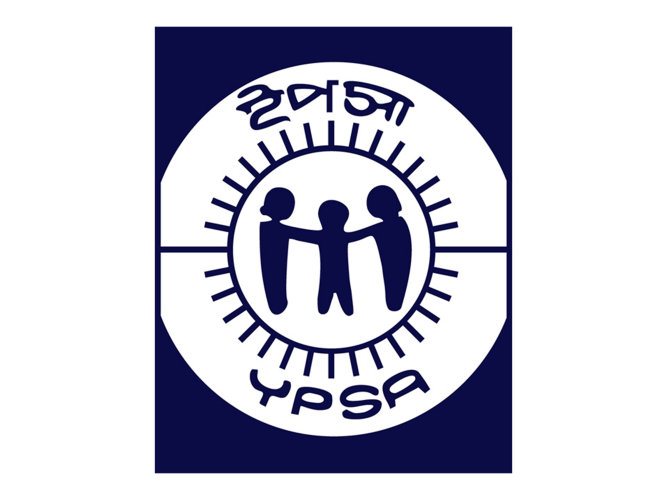
YPSA Young Power in Social Action
